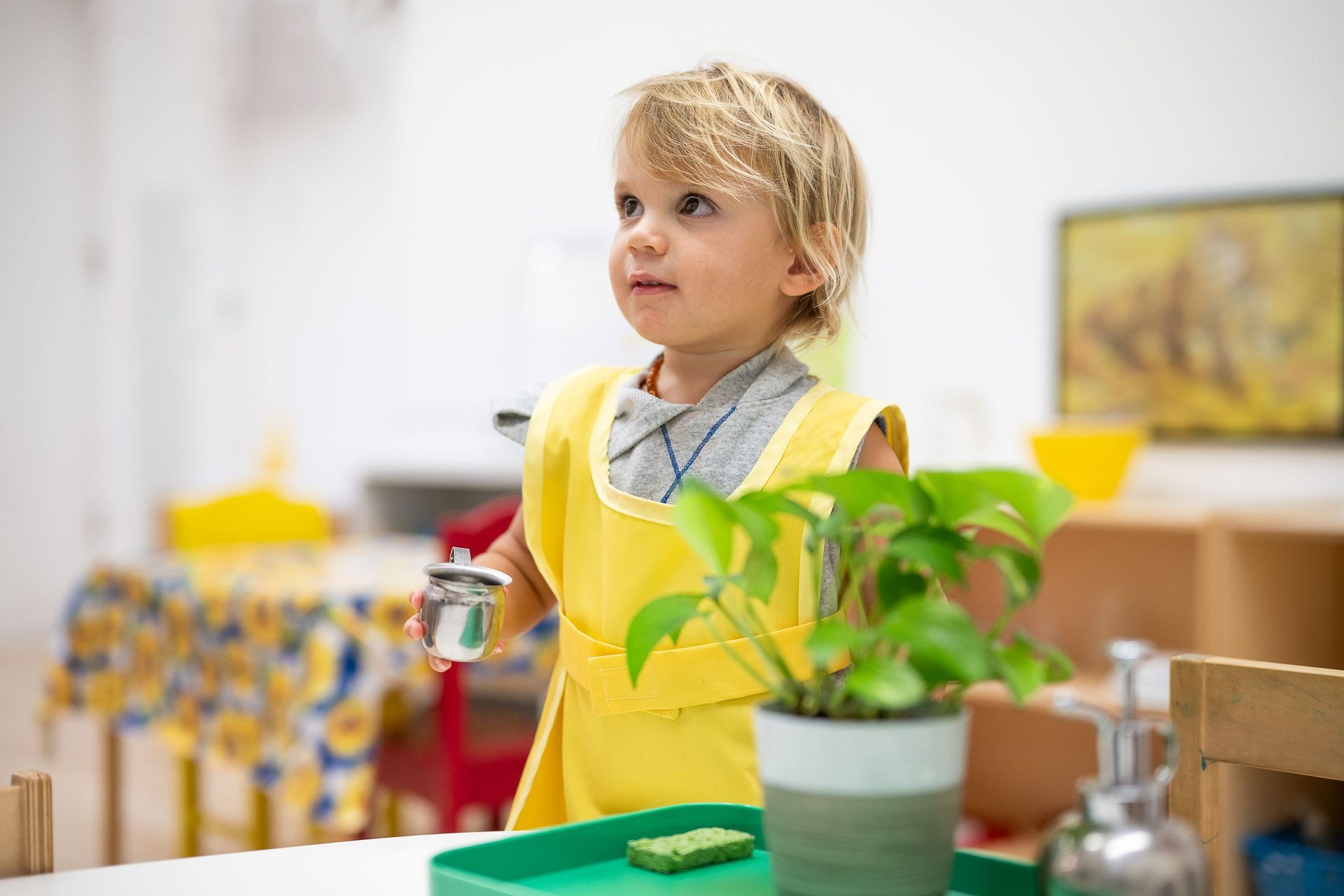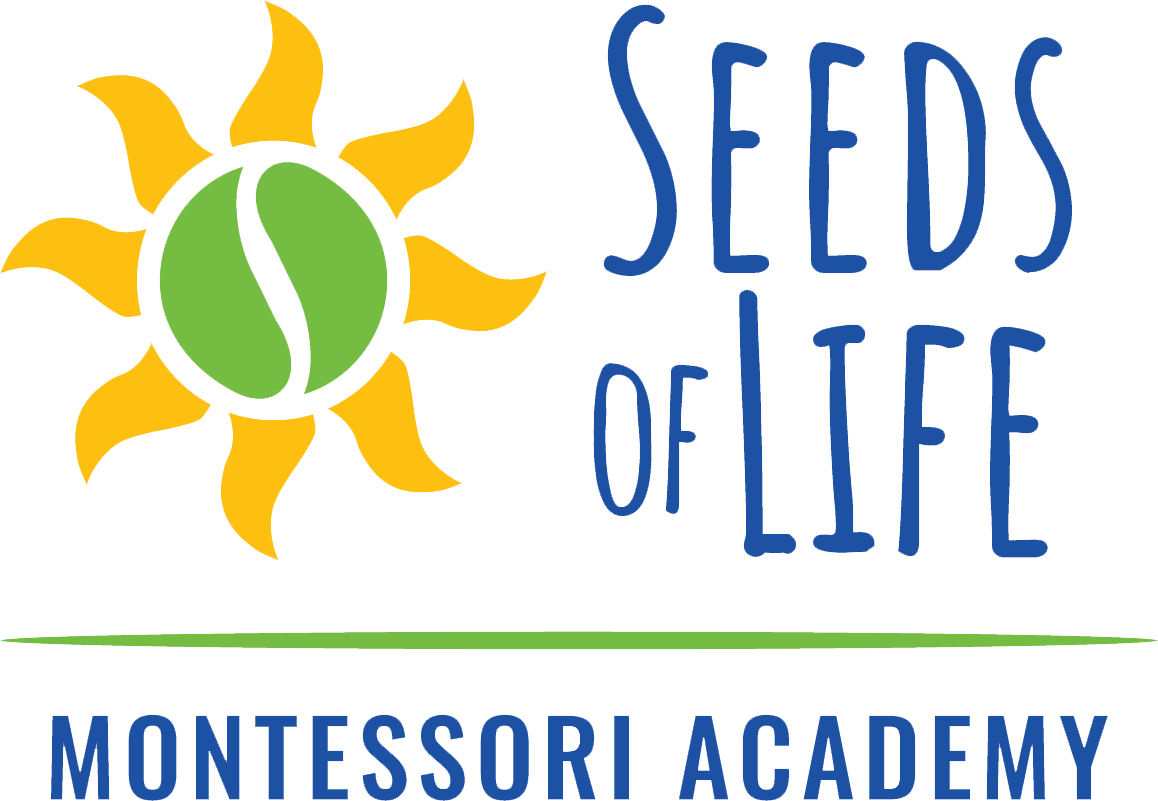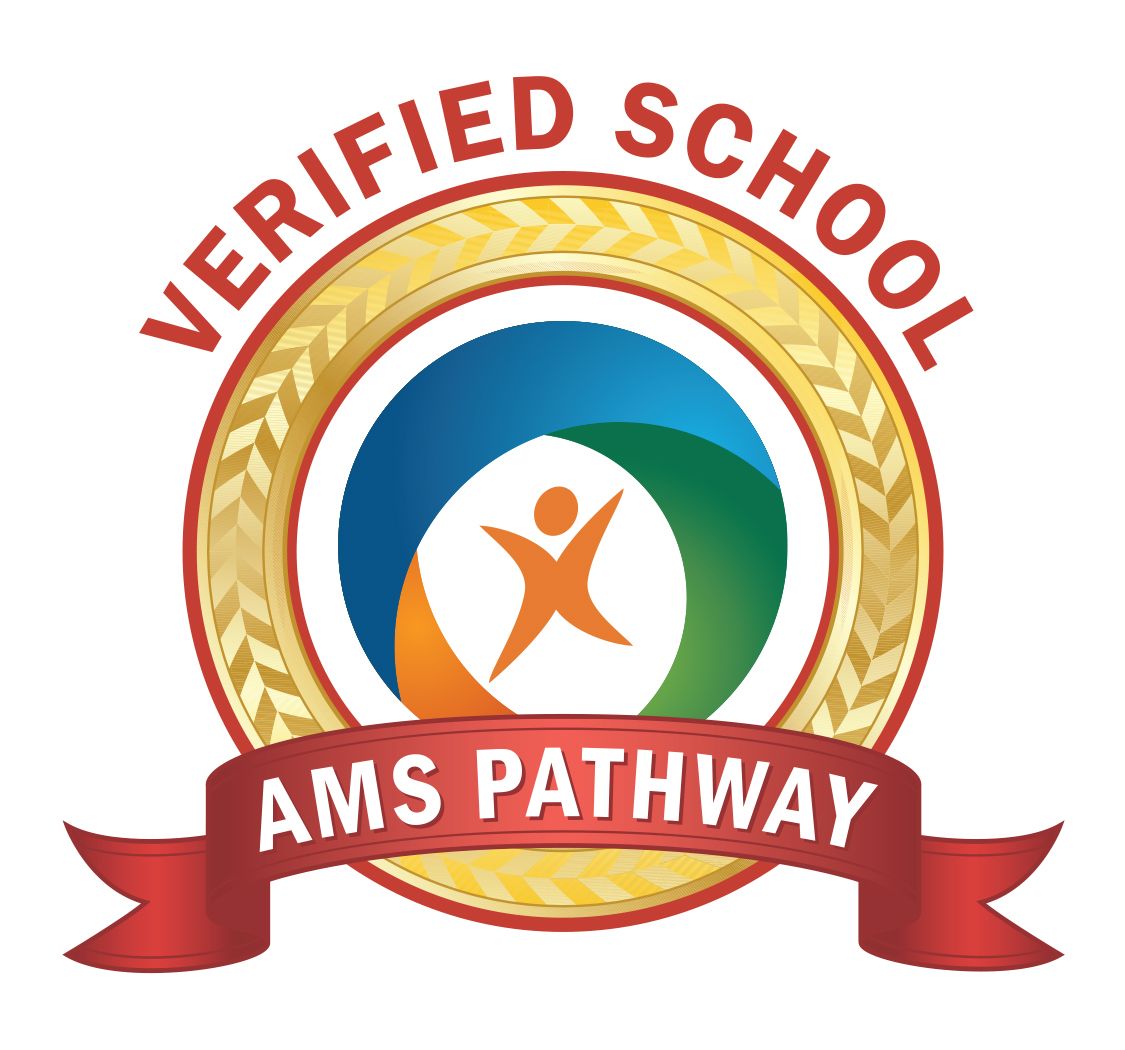
Why Montessori? Beyond the Classroom Benefits for Your Child
When parents first hear about Montessori, they often picture shelves filled with wooden materials, children working independently on rugs, and a hands-on approach to learning. And while all of that is true, Montessori is so much more. It’s a philosophy that shapes how children see themselves, how they interact with the world, and how they grow into confident, capable individuals. It’s not just about school, it’s about life.
Fostering Independence and Confidence
One of the most beautiful things about Montessori is how it empowers children to believe in themselves. From an early age, they are given opportunities to make choices, solve problems, and take responsibility. Whether it’s pouring water, preparing a snack, or choosing their next learning activity, Montessori nurtures independence in a way that builds confidence and resilience.
Instead of waiting for an adult to step in, Montessori children learn to ask themselves, “What can I do next?” That mindset carries into all areas of life, helping them develop a sense of ownership over their learning and decision-making. They learn that mistakes aren’t failures but opportunities to try again.
Respecting Each Child’s Unique Journey
Every child is different, and Montessori not only recognizes that—it celebrates it. Unlike traditional classrooms, where all children are expected to learn at the same pace, Montessori allows kids to move through lessons when they are ready. If a child needs more time with a concept, they get it. If they’re ready to move on, they’re not held back. This individualized approach keeps children engaged, reduces frustration, and fosters a genuine love of learning.
In Montessori, children are also part of a mixed-age classroom where they learn from and support one another. Younger children look up to older peers, while older students develop leadership skills by guiding younger ones. This natural mentorship builds empathy, patience, and a strong sense of community.
Supporting Emotional and Social Growth
Montessori doesn’t just prepare children academically, it prepares them emotionally and socially. Children are encouraged to express their feelings, work through conflicts with respect, and develop self-regulation skills. Instead of enforcing strict discipline, Montessori guides children toward understanding their emotions and making thoughtful choices.
The prepared environment also plays a key role. A calm, structured space allows children to feel safe, which in turn supports focus and emotional balance. They learn practical life skills, mindfulness, and the importance of working together, skills that extend far beyond the classroom.
Montessori Prepares Children for Life
At its core, Montessori isn’t just an educational method, it’s a way of raising children who are confident, kind, and curious. It teaches them how to think critically, adapt, and take initiative. These aren’t just school skills; they’re life skills.
So when you choose Montessori, you’re choosing more than an education, you're choosing a foundation that will benefit your child in every stage of life. You’re giving them the tools to be independent thinkers, compassionate leaders, and lifelong learners. And isn’t that what we all want for our children?
Maria Chaffin




